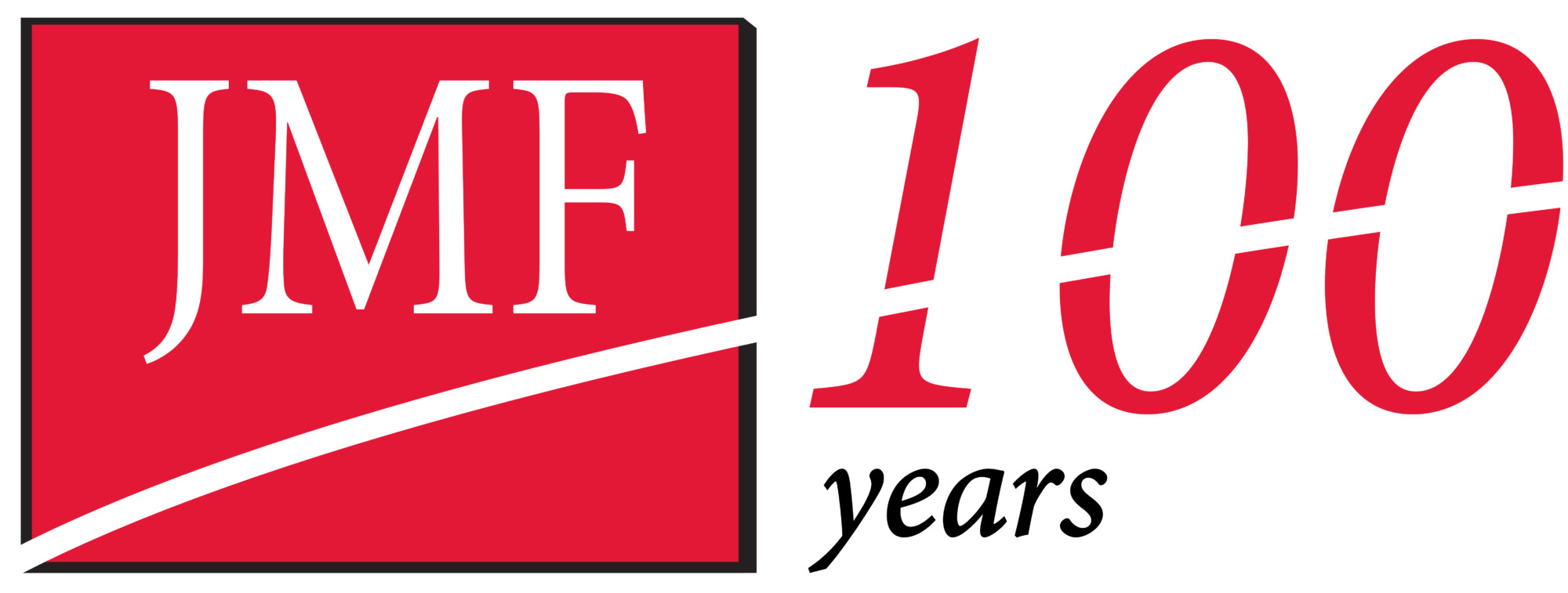The IRS recently released its annual list of “Dirty Dozen” tax scams to watch out for in 2017. Here is a rundown gleaned from the IRS’ summary.
1. Phishing: Be on guard against fake e-mails or websites looking to steal personal information. Do not click on e-mails claiming to come from the IRS.
2. Telephone scams: Phone calls from criminals impersonating IRS agents are another problem. You might be threatened with police arrest, deportation or license revocation, among other things.
3. Identity theft: The IRS continues to aggressively pursue the criminals who file fraudulent returns using other people’s Social Security numbers. Though progress is being made, you must remain cautious.
4. Return preparer fraud: The vast majority of tax professionals provide honest, high-quality service. But some dishonest preparers perpetrate refund fraud, identity theft and other scams that hurt taxpayers.
5. Fake charities: Be wary of charities with names similar to familiar or nationally known organizations. Take a few extra minutes to ensure that your hard-earned money goes to legitimate and currently eligible charities.
6. Inflated refund claims: Watch out for people promising inflated refunds. They might ask you to sign a blank return, promise a big refund before checking records or charge fees based on a percentage of the refund. Fraudsters use fliers, advertisements, phony storefronts and word-of-mouth via community groups.
7. Excessive claims for business credits: Do not improperly claim the fuel tax credit, a tax benefit generally not available to most taxpayers. Also, avoid misuse of the research credit.
8. Falsely padding deductions on returns: Avoid the temptation to falsely inflate deductions or expenses on your returns to pay less than what is owed or to potentially receive larger refunds. Think twice before overstating deductions such as charitable contributions and business expenses or improperly claiming credits.
9. Falsifying income to claim credits: Do not invent income to erroneously qualify for tax credits. Taxpayers are sometimes talked into doing this by con artists. It can lead to large bills to pay back taxes, interest and penalties—even criminal prosecution.
10. Abusive tax shelters: Be on the lookout for people peddling tax shelters that sound too good to be true. When in doubt, seek an independent opinion regarding complex products.
11. Frivolous tax arguments: Promoters of frivolous schemes encourage taxpayers to make unreasonable and outlandish claims, even though these cases have been repeatedly thrown out of court. No one has the right to disobey the law or disregard the responsibility to pay taxes.
12. Offshore tax avoidance: The IRS has been cracking down on offshore tax cheats and the financial organizations that help them. You are best served by voluntarily catching up on your tax-filing responsibilities. The Offshore Voluntary Disclosure Program (OVDP) can help.
Continue to use common sense in addressing these matters. Do not be victimized by one of the “Dirty Dozen.”






Leave A Comment
You must be logged in to post a comment.